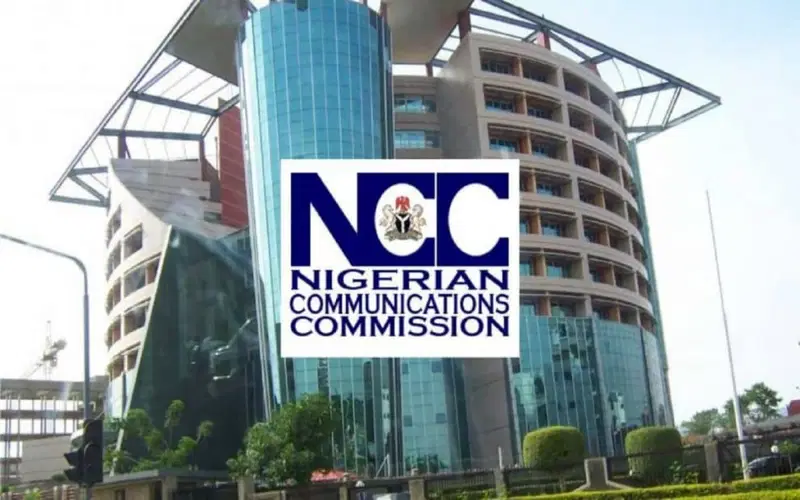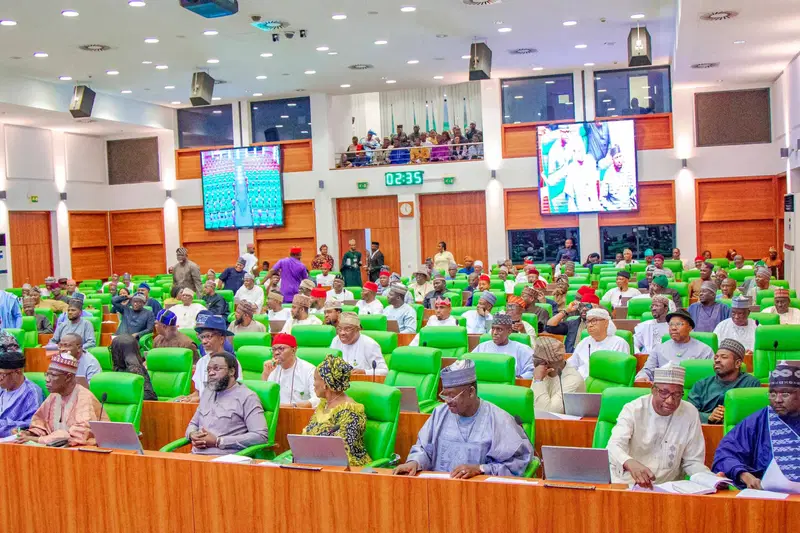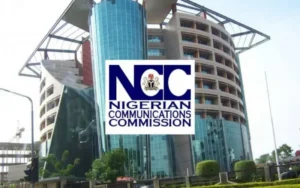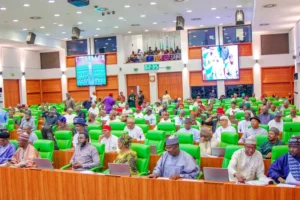Electricity Distribution Companies (DisCos) in Nigeria have announced revised prices for various electricity meter models, marking the second price hike in four months.
According to the DisCos, the cost of a single-phase meter has risen from approximately N117,000 to as much as N149,800, depending on the distribution company and meter vendor.
- – The new prices, scheduled to take effect on Tuesday, November 5, 2024, reflect the deregulation of Meter Asset Providers (MAP) as directed by the Nigerian Electricity Regulatory Commission (NERC).
- This upward revision follows an earlier increase in August 2024, further amplifying concerns among electricity consumers about affordability and accessibility.
- Prices of Various Meters by DisCos: A check by Nairametrics revealed that meter prices vary across DisCos, influenced by vendors and meter models (single-phase and three-phase).
Below are the new average meter prices, inclusive of VAT:
- Eko DisCo: Single Phase Meter: N135,987.5 – N161,035
- Three Phase Meter: N226,600 – N266,600 Ibadan DisCo:
- Single Phase Meter: N130,998 – N142,548
- Three Phase Meter: N226,556.25 – N232,008.04 Abuja DisCo:
- Single Phase Meter: N123,130.53 – N147,812.5
- Three Phase Meter: N206,345.65 – N236,500
- Kano Electricity: Single Phase Meter: N127,925 – N129,999.75
- Three Phase Meter: N223,793 – N235,425 Kaduna DisCo:
- Single Phase Meter: N131,150 — N142,548.94
- Three Phase Meter: N220,375 — N232,008.04
- What You Should Know: In April, Nairametrics reported that the Nigerian Electricity Regulatory Commission (NERC) introduced a significant policy shift by announcing the deregulation of meter prices under the Meter Asset Provider (MAP) scheme for end-user customers.
- This move aims to address lingering issues surrounding meter supply and pricing transparency within the electricity sector.

- According to NERC’s latest order, meter prices under the MAP scheme will now be determined through competitive bidding rather than being centrally regulated.
- This shift is expected to foster greater competition among meter providers, ultimately improving cost efficiency and service delivery for end-users.
Additionally, the deregulation removes earlier operational restrictions, allowing MAP permit holders to provide metering services across all Electricity Distribution Companies (DisCos) in Nigeria. However, MAPs must meet specific regulatory requirements to ensure compliance and maintain quality standards in service delivery. Previously, NERC regulated meter prices, which were often subsidized across all DisCos to reduce costs for customers. While this model aimed to make metering affordable, it inadvertently stifled competition and limited transparency in the supply chain. As a result, DisCos and customers were unable to negotiate or explore better deals from meter vendors, contributing to inefficiencies in the system. With deregulation now in place, NERC anticipates a more dynamic metering ecosystem where customers and DisCos can benefit from competitive pricing, improved service quality, and greater accountability among meter providers.




















